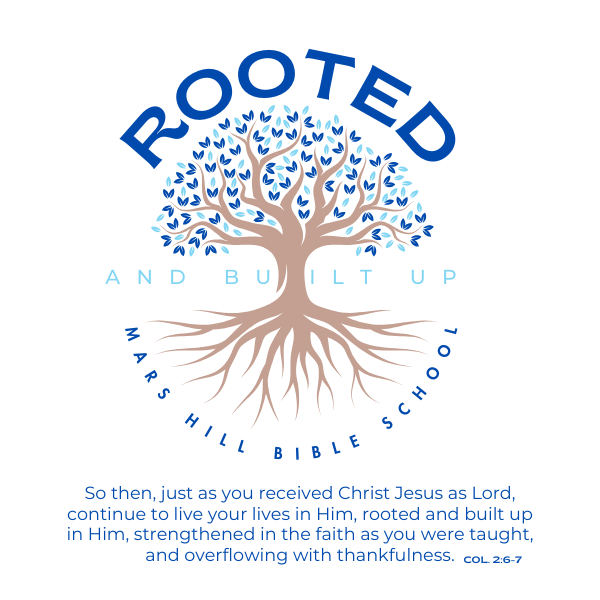MHBS Blog
Holy Scriptures (Part I)
“Attaining to all riches of the full assurance of understanding, to the knowledge of the mystery of God, both of the Father and of Christ, in whom are hidden all the treasures of wisdom and knowledge.”
Knowledge
The world has achieved and climbed great heights in scientific exploration and knowledge. The amazing strides in physics beginning with the Copernican revolution, Newton’s laws of motion, Maxwell’s electromagnetic theory, Einstein’s theory of general and special relativity, and quantum mechanics have ushered in an era of incredible mathematical precision and understanding. Our technological advancements have made the impossible happen from trips to the moon to smart phones with the world’s knowledge at our fingertips as well as making neighbors of strangers on the other side of the planet.
The question of knowledge and what it constitutes has intrigued, challenged, and irritated philosophers and thinkers for millennia. The study of knowledge is called epistemology. One of the things to ponder in the first place is what do you know and how do you know, what you know? In modern thought, a few troubling trends have emerged to undercut and antagonize the Christian faith epistemologically.
Skepticism is the oldest of the epistemological disputes beginning with the ancient thinker- Pyrrho of Elis, who doubted everything! His argument for skepticism was basically that if we can’t know everything then we must be uncertain about anything. Skepticism can be found in later philosophers like David Hume, who doubted not only religious or moral knowledge but scientific knowledge too. He argued that all knowledge of causation, which is one of the first principles of science itself, can be reduced epistemologically to just successive events and only presumed to be causal in nature and therefore uncertainty.
Descartes famously wrestled with skepticism and settled on the maxim, “I think therefore I am” which became his epistemic foundation and starting point. The Scriptures, however, assure us of knowledge itself. Jesus preached, “You shall know the truth and the truth shall make you free” (John 8:32). The Apostle Paul says that we can attain the “assurance of understanding to the knowledge of the mystery of God.” While our knowledge is finite and very limited, God has given us the capacity for knowledge in various disciplines including spiritual truths. Complete and utter skepticism brings despair and despondency.
Relativism is another epistemic challenge to the Christian faith that has been popularized by philosophers and culture. Protagoras was the first notable thinker who said, “Man is the measure of all things.” Relativism holds that there are no absolutes and that everything is relative and subjective depending on the person. First, there is no doubt of the subjective nature of reality and that perception can highly influence people’s ability to know the truth. But we must acknowledge that there is an objective reality that we are interacting with materially and spiritually. If truth is relative, then there can be no real moral progress. Is the world better for not having slavery or oppression? Most of us would say undoubtedly so, but the relativist is stuck with the absurd notion that slavery and freedom are just relative and not based on anything objective. The Bible says, “The entirety of Your word is truth, and every one of Your righteous judgments endures forever” (Psalms 119:160).
The last epistemic challenge to Christianity is scientism which is the belief that scientific inquiry and methodology is what constitutes actual knowledge. However, this claim is self-refuting because the scientific method cannot be “proved” by its own standards and methodology. Scientism has its roots in the work of Ludwig Wittgenstein and A.J. Ayers, which led to what is called logical positivism or the verification principle. This view has almost been universally rejected by philosophers including Wittgenstein because of the acknowledgement that we know things in different ways and that the scientific endeavor is grounded in presuppositions beyond empirical means. The Bible says that knowledge can transcend our natural world into the metaphysical and moral realm with God. “For I know whom I have believed and am persuaded that he is able to keep that which I have committed unto him against that day” (II Timothy 1:12).


.png)
